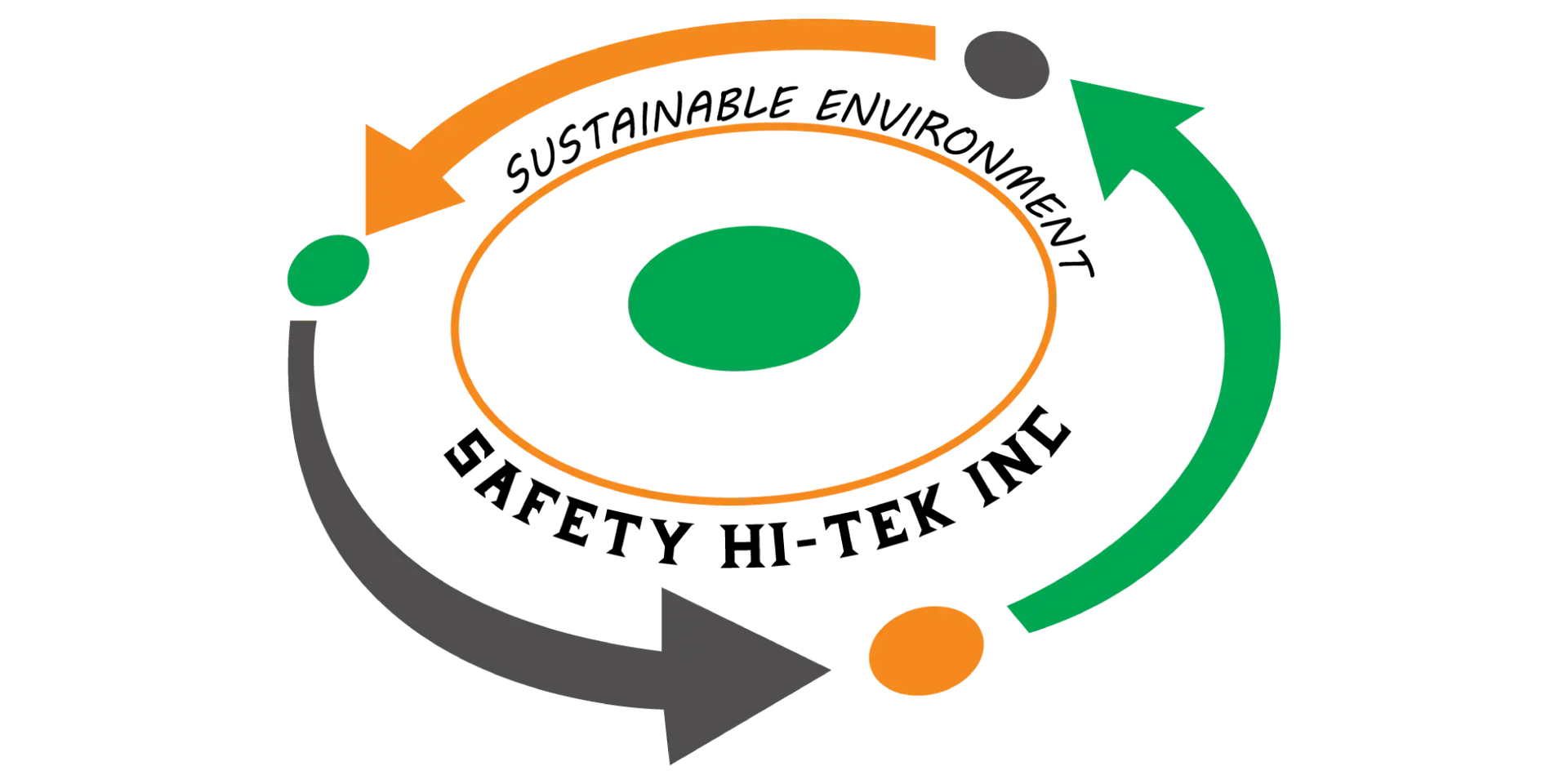Solar Power system
Types of Solar Power Systems
A Solar Panel, which is a commonly known electricity generating device, is a key component of a Solar Power System. Solar panels are typically installed on top of houses or buildings. There are three primary types of solar power systems: On-grid solar systems, Off-grid solar systems, and Hybrid solar systems. Each type has its own unique strengths that determine its suitability for your specific needs, especially when it comes to solar panels for home use.
On-Grid Solar Power System
A grid-connected solar system is directly connected to the traditional electric utility grid. The electricity you generate using this system can feed back to the main grid. A solar net meter is installed along with this system to measure the units consumed by you versus what you generated and fed back to the main grid. When an on-grid solar system is producing more power than the home is consuming, then excess power can be fed into the utility through solar net metering. This system works only when the main grid is available hence it does not work when the main grid is not available.
Off-Grid Solar Power System
An off-grid solar system stores the electricity produced by a solar panel in batteries and utilizes the stored energy by converting it back to AC through the inverter as and when required. Especially in a high power cut or no grid areas, has resulted in increased demand for such systems. The reduction in battery prices over the years has further brought the system cost down. To protect against shortfalls of power when the solar system is under-producing then an electric source is usually added to the system. The power generated by this system can be consumed as the excess power can’t be sold back to the utility or grid department.
Hybrid Solar Power System
A Hybrid solar power system is designed to be connected to both the main utility power grid and a battery backup. The inclusion of a battery backup allows for uninterrupted power supply during periods when the main grid is unavailable or during power outages. In situations where solar power production exceeds the immediate demand, the excess power can be used to charge the batteries, effectively storing the electricity. Conversely, if the solar system is producing less electricity than needed, the batteries can compensate for the shortfall. Hybrid solar systems are also capable of feeding excess power back to the main utility power grid, allowing you to sell units to the grid department. However due to the complexity involved in designing and installing these systems, they are typically more expensive compared to other types of solar power systems.
